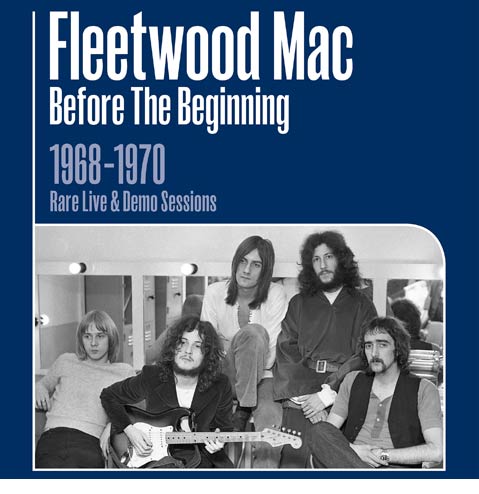
What really strikes me is the sheer ferocity of his attack and his vibrato, and then the ability to be so delicate, so soulful.”ĭanny had a very important counterpoint to Peter on Albatross Bernie Marsden If you listen to bootlegs of the same song, his dynamic range of emotion is so wide and varied.

Whatever emotion he was feeling, that’s what the listener hears. “Danny is one of those players that you almost feel like his brain is wired direct to the speakers, there’s no filter in-between. And how dare they get a guitar player the same age as me! Why didn’t they ask me, y’know? So I wanted to hate Danny Kirwan…”īut a few nights later, as he packed into the crowd at Dunstable’s California Ballroom, Marsden fell under the newcomer’s spell, gaping at the precocious touch that had whisked Kirwan from his inauspicious Brixton roots, through the formative power-trio Boilerhouse, to the head of the blues scene. They didn’t need an 18-year-old guitar player. I already thought they were the perfect group. And now, suddenly, I was reading in Melody Maker that a new guitarist had joined. “I adored Fleetwood Mac,” remembers Bernie Marsden, then 17, and a decade from his Whitesnake breakthrough. But his playing was a revelation Bernie Marsden Now, this latest headline of the newest guitarist twisted the knife.ĭanny looked so clean and fresh. They had already looked on enviously as Green welcomed the mischievous slide-guitar wizard Jeremy Spencer into London’s preeminent blues lineup. The highlight of this release, and arguably of Welch's five-album stint with the group, is the subtle beauty of "Future Games," making it one of the great "lost" tracks in this particular phase of the long-standing band.For the nation’s daydreaming teenage guitarists, with designs on joining Peter Green’s Fleetwood Mac, the music papers of August 1968 held black news.
Lyrics for future games by fleetwood mac mac#
Welch himself revisited the song with a shorter, more commercialized reading on his 1979 solo album The Other One, but that version dissipated the magic and ambiance of the Fleetwood Mac version. It wasn't a hit at the time of release, likely due to its length, yet the track was featured in Cameron Crowe's 2000 film Almost Famous, although it was not included on the movie's soundtrack disc. With concepts as pensive as the music, Welch seems to be trying to predict the future psychically, wondering of "all the wild things tomorrow will tame." He intones the line "I know I'm not the only one" repeatedly, as the song crescendos with a wiry guitar suspended over the hazy chords. Lyrically, this is Welch's first foray into the spiritual themes that he would return to later. Welch's jazzy, echoed guitar runs and wispy vocals float over the dreamy melody that is beautifully underscored by Christine McVie's somber organ and the muscular but laid-back Fleetwood-John McVie rhythm section. The first American invited into the previously all-British group, Welch steered them even further away from their blues roots than Kiln House, and towards the moody California pop which "Future Games" perfectly encapsulates. The song is also a prime example of the writer's most captivating talents, introducing concepts he would explore in later albums with the band.

The debut Bob Welch song on a Fleetwood Mac album (and at over eight minutes, the longest), "Future Games" is the standout track on the disc titled from it.


 0 kommentar(er)
0 kommentar(er)
